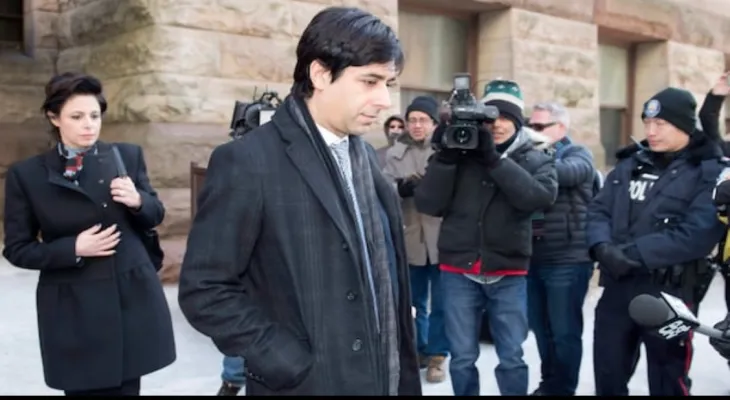Search here
Newspaper
Search here

Arab Canada News
News

Published: June 14, 2025
The case of former Canadian broadcaster Jian Ghomeshi reignited the debate over Canadian laws regarding evidence disclosure in sexual assault cases, amid renewed calls from lawyers and human rights organizations to reassess the amendments made to the Criminal Code in 2018.
These amendments, known as “reverse disclosure rules”, require defendants to provide any digital evidence – such as text messages or emails – they intend to use for their defense to the court, the crown prosecutor, and the victim's lawyer before the trial begins, in order to protect complainants from legal surprises that may expose them to psychological harm during the trial.
Background: From Ghomeshi to Legislative Amendment
Although Ghomeshi was acquitted of the charges against him in 2016, his trial revealed how the surprise use of digital evidence can put complainants in awkward or painful situations, especially when used to undermine their credibility in court.
In light of widespread reactions, the Liberal government amended the Criminal Code in 2018 to require defendants to proactively disclose any digital materials in their possession relevant to the case, even if not included in the prosecution's file.
Legal Divide on Justice
Supporters argue that these amendments enhance legal protection for victims and limit shocking defense practices, while, on the other hand, criminal lawyers argue that they undermine the principle of “innocent until proven guilty” and restrict the defendant's ability to effectively defend themselves.
One lawyer told CBC:
“The current law gives the state powers that exceed what is stipulated in constitutional principles. We should not confuse victim protection with the confiscation of the right to defense.”
The Government Monitors and Reassesses
For its part, the Canadian Department of Justice indicated that it is monitoring the law's practical impact on the conduct of trials and is prepared to reconsider it if it becomes clear that it obstructs justice, especially amid increasing debate over whether defendants are receiving fair and equal opportunities for defense.
Comments